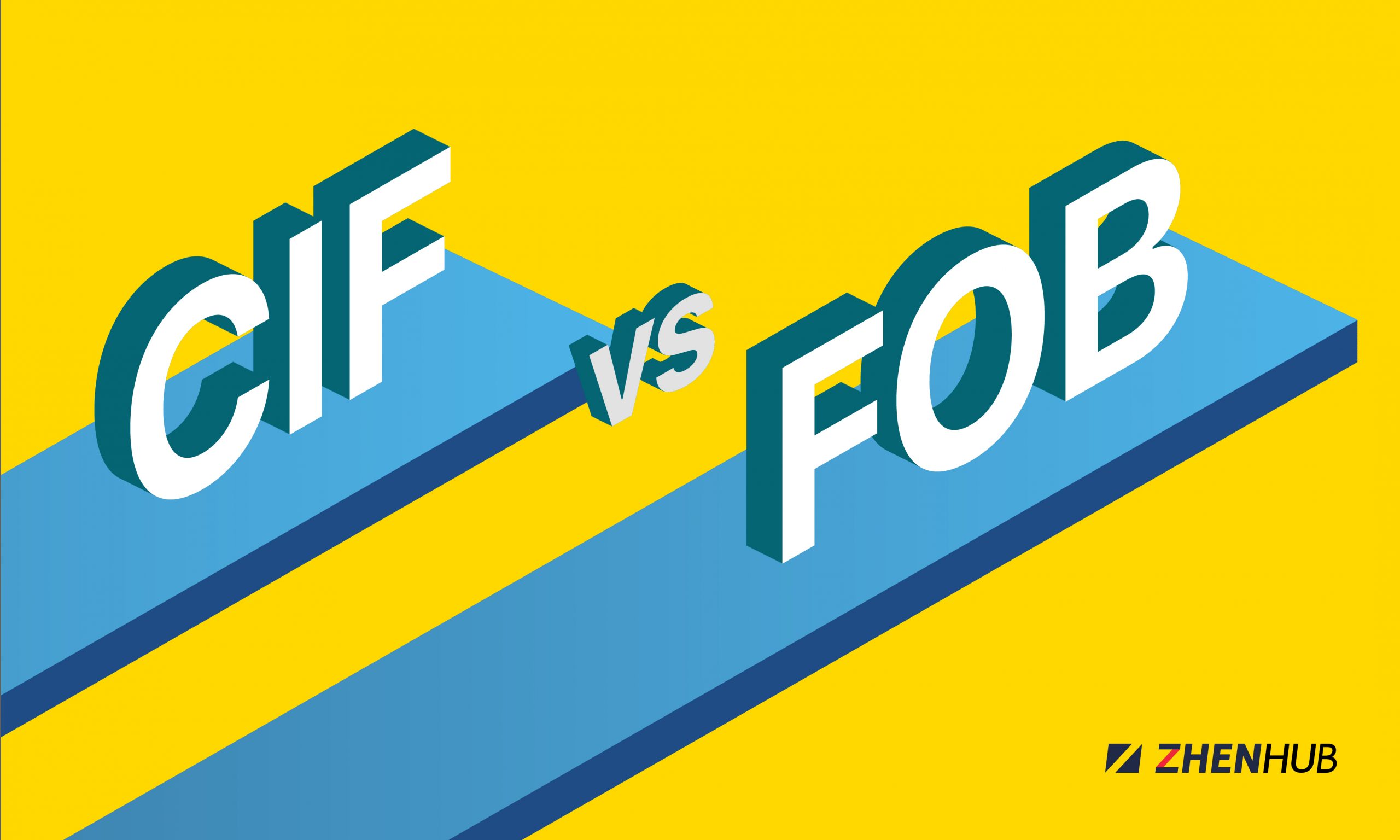
CIF vs FOB: What’s The Difference? Which Should You Choose?
Time to read: 2 minutes
Whenever you purchase goods from a manufacturer or supplier, you are presented with two options: CIF (Cost, Insurance, and Freight) or FOB (Free on Board).
Both CIF and FOB are contracts specifying whether the buyer or the seller is responsible for the purchased goods during transit.
Here’s a brief explanation of each contract.
With CIF, the seller is responsible for 1) transporting the goods to the nearest port, 2) loading the goods onto the vessel, and 3) paying for insurance and freight. Depending on the CIF contract, the sale is considered complete either once the goods arrive at the port of destination or once the goods become in the buyer’s possession.
With FOB, the buyer assumes responsibility for all the insurance and freight costs after the seller drops the goods off at the nearest port. In other words, the sale is considered complete once the goods arrive at the port.
So, how do you choose between CIF and FOB?
For the buyer, CIF is more expensive, but (generally) more convenient.
CIF comes at a higher price tag since the seller is able to use the freight forwarder of his or her choice and charge the buyer more. With some CIF contracts, the buyer is also required to pay additional fees, including docking and customs clearance fees.
For some buyers, the higher price tag of CIF is completely justified since the logistics are handled entirely by the seller. One inconvenience to note, however, is that any communication between the buyer and the freight forwarder (if need be) is typically done through the seller.
For the buyer, FOB is cheaper, but less convenient.
FOB is cheaper since using an independent freight forwarder means not having to pay the extra margin the seller adds to the freight cost with CIF. However, choosing the “right” freight forwarder and coordinating the logistics operations can be a time-consuming task for those who lack the experience.
For most buyers, the cost savings are well worth the hassle though, especially since it is a hassle that is only encountered once – once the “right” freight forwarder is found, the same one can be used for all future shipments.
Choosing between CIF and FOB comes down to the goods you are purchasing.
For most goods, FOB is the cheaper and more reliable option despite it taking more time and effort from the buyer. If you are dealing with goods that require specific documentation for customs clearance, however, it may be better to go with CIF and let your manufacturer or supplier take the lead.
If you have the time though, it is always best to ask a third-party logistics provider (3PL) for a quote so you can compare prices before you make a decision.
Interested in learning how much you can save with FOB?
Get started by emailing enquiry@zhenhub.com for a freight quote.